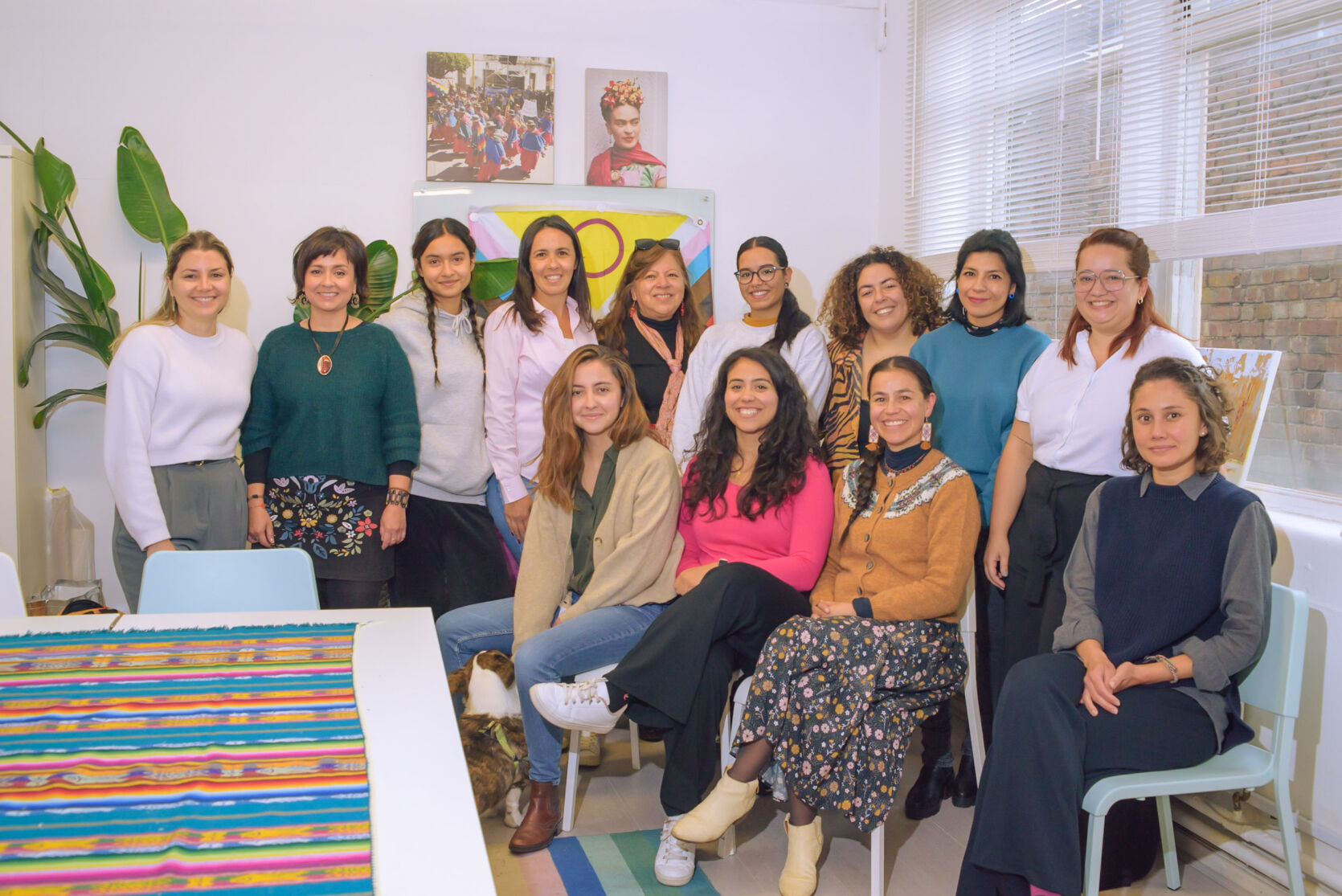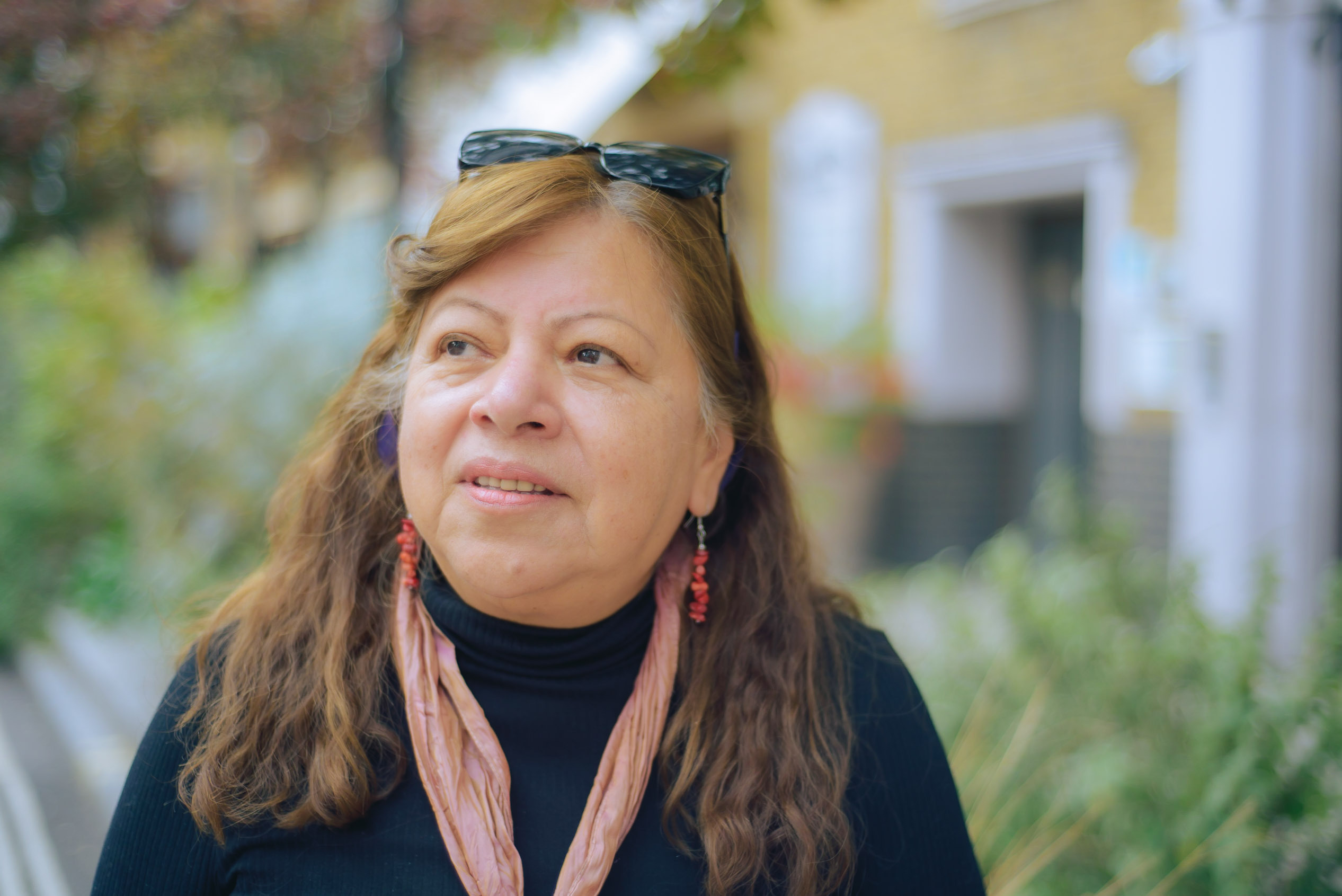#HeroesOfLondon is shining a light on the humans behind our small charities and the amazing – and vital – work they do in London's communities, during the cost-of-living crisis and every day. We spent the last month meeting just some of these local heroes.
The transcript below is from our chat with Angie, Deputy Director of Latin American Women's Aid. She shared LAWA's story on our Heroes' behalf.
The photos in this post are of Angélica, Latin American Women's Aid's Communications Officer.
I joined LAWA as a Communications Officer in 2021. I’ve been advocating for women’s rights since 2012 when I first joined another women’s rights service in London as a volunteer. Since 2013, I‘ve been involved as an activist for social and environmental justice, producing content for social media platforms and encouraging young people to adopt a critical mindset towards capitalism and consumption.Angélica, Communications Officer
There is something worth saying about the cost of living and that is that it's hitting us just after the pandemic. The women of the community are just barely recovering from that.
Latin American women in this country, and more specifically the women that we work with, we work in industries that are normally low pay. We’re the cleaners of the city, the waitresses of the city. Those are jobs that are really not very well paid. And in the pandemic, everyone fell into poverty because everyone lost their jobs, and they weren't eligible for furlough or any other form of government support. So, they're just starting to recover.
And now this. Now everything is so expensive. Women who are victims of financial control and coercive control, they are more scared, more afraid of leaving their relationships because they don't have any form of income. So, for them even though their homes may be violent, they have food or electricity or heating.
So, it is much more difficult for women to make the decision to leave violent relationships on one side. On the other side, we have so many more women facing poverty. We're making referrals to food banks at records that we have never seen before. There are many women we see have literally no food.
When all of that intersects with experiences of violence, of different forms of violence, that creates such complex cases that women need more support with. They end up being more vulnerable. So, it is just making everything way more complex than it already is.


